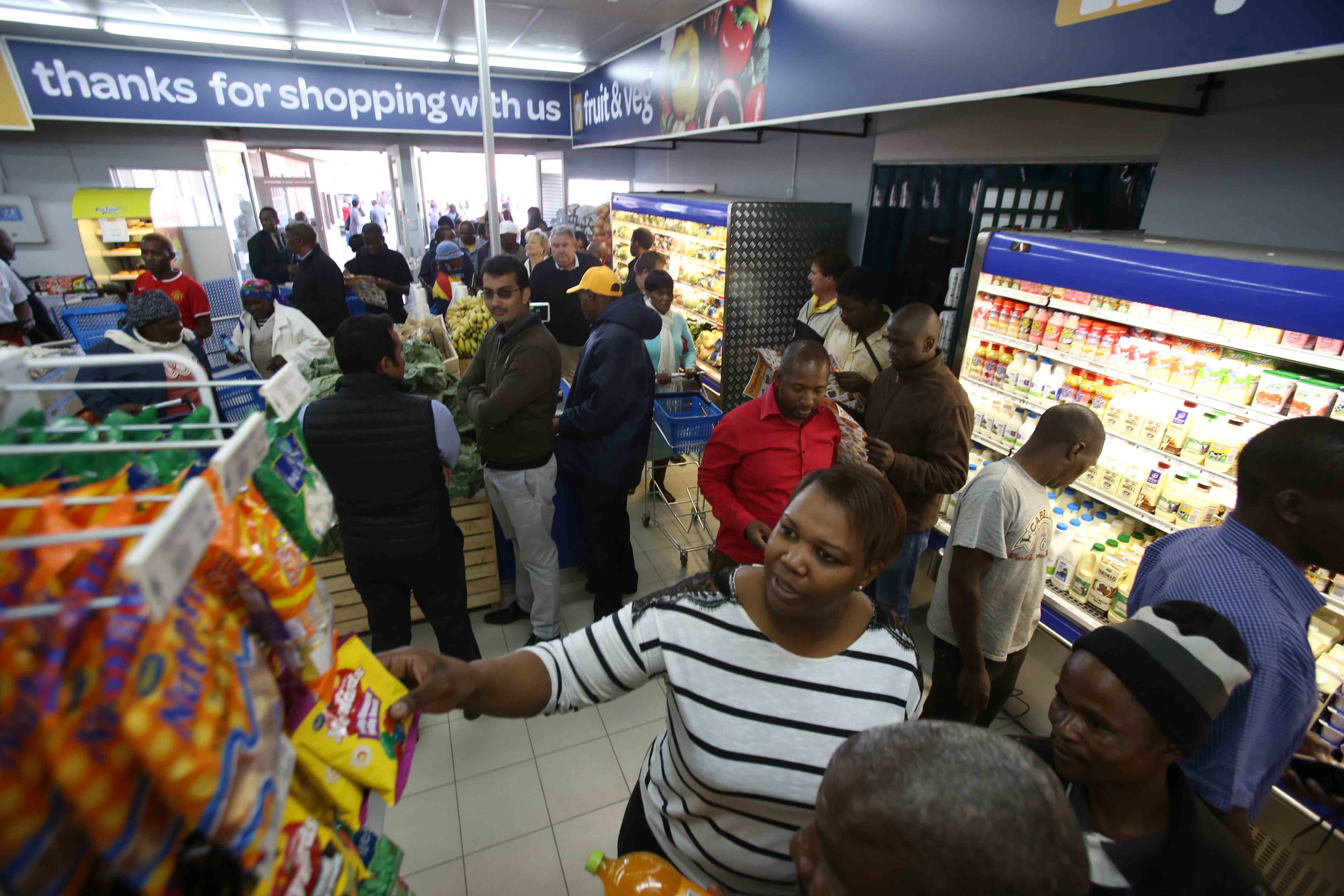- Sefalana wins government milk supply tender
- Company still supplies Tsabana
Gazette reporter
After the acquisition of beverages manufacturer, Golden Fruit Pty (Ltd), milk producing firm Delta Dairies Pty (Ltd), and Foods Botswana Maize Plant in Serowe, diversified retailer Sefalana Group is poised to make a significant impact on the local manufacturing sector.
In its latest financial results for the year up to 30 April 2018, the company announced that it was awarded a lucrative multi-million tender to supply 71 government schools with milk. Through its subsidiary, Foods Botswana, Sefalana was awarded the Government milk tender during the year and supplied for 10 of the 12 months period. Supply continued to the end of April 2018 and additional two-month contract was awarded to them in May 2018.
Sefalana, the first company to list shares on Botswana Stock Exchange (BSE) acquired Delta Diaries (Pty), in a hostile takeover shortly after it was financed by the Citizen Entrepreneurship Development Agency (CEDA).
Finance Director at Sefalana, Mohammed Osman said there are opportunities within the dairy manufacturing sector which he says the company plans to fully exploit. Queried on whether the milk producing company will rely mostly on government contracts, Osman said they will also produce milk for their house brand, A-Star, which will sold through Sefalana’s network of 55 retail stores.
The company which is headed by Managing Director Chandra Chauhan plans to align all its operations to its core mandate of Fast Moving Consumer Goods (FMCG), which is fundamentally driven by national demand. Currently, demand for dairy products in Botswana is met through importation and available data from the Ministry of Agriculture suggests that it is on the rise, despite the increase of dairy production units. Botswana imports approximately 60 million litres of raw milk through companies like Clover Botswana, Parmalat, Sally Dairy, while local production is only as low as 5 million liters.
“This is the demand we plan on feeding,” Osman said. He added that Delta Dairies has one of the best manufacturing plants in Southern Africa with the capacity to produce impressive quantities if it is utilized to its full capacity. He said in two years, Deltas Dairies will be a fully-fledged UHT plant. Sefalana bought the plant at P22 million, although its true value sits just over P100 million.
Sefalana also completed the P4.6 million acquisition of the fruit juice plant from Golden Fruit 97 (Pty) Limited, which was also liquidated due to failed management. “We also expect to commence the manufacture of juice in late 2018. This will require some modification of the manufacturing site to ensure the processes for milk and juice remain independent where necessary,” Group Managing Director (MD), Chandra Chauhan said in the financial results statement.
Osman is also confident that the move will complement the Group’s entry into the manufacture of not only dairy products but beverages in general. “We will be manufacturing fruit juices, bottled water and others,” he said. Osman, who is also Sefalana Company Secretary said that Sefalana’s market is enhanced by its growing footprint. The company has full operations in Zambia and Namibia, markets which also will retail milk from Delta Dairies as well as beverages from the Golden Fruit plant.
Sefalana already has a sizable portion of the manufacturing market in Foods Botswana, a Serowe based business which operates a milling plant, as well as Kgalagadi Soap Industries (KSI) which manufactures soap-based products. Foods Botswana produces the popular Tsabana fortified porridge which supplies almost exclusively to government clinics. This contract is the lifeline for Foods Botswana.

